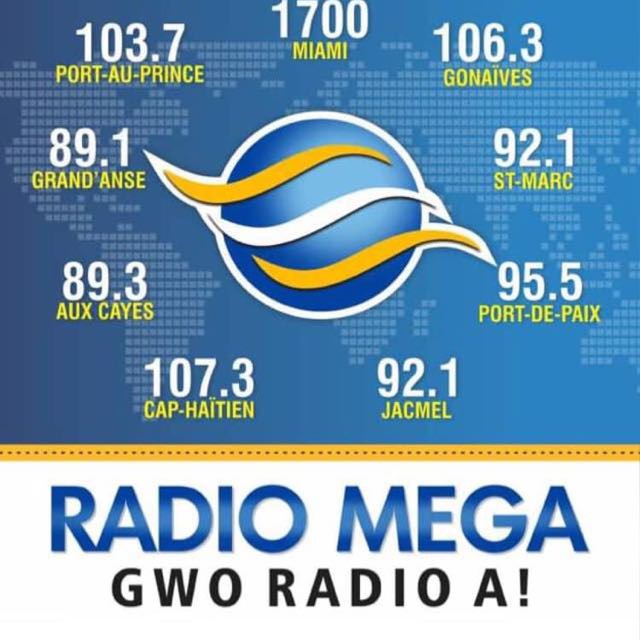BOONEVILLE, KY – APRIL 21: Drucilla Smith (LOWER L) has her hair executed as she prepares for the … [+]
Households started receiving month-to-month Little one Tax Credit score (CTC) funds on July 15. For a lot of, these common funds—presently permitted by means of the top of the 12 months—will combat poverty and help families keep current on monthly bills with out having to borrow. However as a result of the CTC relies on revenue, variety of youngsters, and marital standing, some modifications in household or monetary circumstances resembling a bump in wage, a baby transferring in together with her different mother or father, or a marriage might end in a complete annual credit score that’s smaller than the entire advance funds.
Except these households opt out of the monthly payments, they might owe the IRS a giant examine at tax time—an obligation that always will likely be past their skill to pay. Luckily, this may be prevented.
Insurance policies to restrict overpayments
This 12 months, caregivers can use the IRS website to choose out of receiving advance funds. For low- and middle-income households who take them, a secure harbor rule limits the quantity they have to repay. If Congress extends the expanded CTC after it’s scheduled to run out in December, it ought to proceed the opt-out possibility and increase the secure harbor. It additionally might enable households to obtain a portion of the CTC upfront, with out the specter of a big tax invoice on the finish of the 12 months.
In a earlier weblog, I described other safeguards, together with conserving the CTC totally refundable and permitting recipients to replace their standing yearly with the IRS.
Permit households to obtain lower than their full CTC upfront
Virtually any advance fee construction that determines eligibility on the finish of the tax 12 months dangers distributing an excessive amount of in the course of the 12 months and forcing recipients pay again the surplus credit at tax time. Households are in the very best place to resolve whether or not the rewards from advance fee outweigh that danger.
The present system permits households two selections: They’ll have the total quantity of the credit score delivered month-to-month or select to obtain a single fee at tax time. However Congress might give households a 3rd possibility: To mix smaller month-to-month funds with an extra annual fee at tax time. That might present money move aid in the course of the 12 months and scale back the danger of an overpayment.
There’s a precedent for this feature: Previous to 2010, when taxpayers might obtain periodic earned revenue tax credit score (EITC) funds in the course of the 12 months, the utmost quantity of the credit score that could possibly be superior was capped at 60 percent of the anticipated credit score for a one-child household.
Implement a powerful secure harbor to guard low-income households from shock tax payments
Being answerable for updating household modifications outdoors of tax time will likely be new for a lot of taxpayers. Even with the very best outreach efforts and prevention measures, some households will fail to offer the IRS with probably the most up-to-date info on which to base their advance credit, doubtlessly leading to overpayments.
A secure harbor might shield taxpayers from having a big tax invoice when, say, a baby strikes from one mother or father to a different or a pair marries. The one-year growth of the CTC in the American Rescue Plan (ARP) in addition to the advance premium tax credit each embody a secure harbor that phases out as a taxpayer’s revenue rises. For instance, CTC recipients could not must repay any extra quantity if their revenue is beneath $40,000 for singles, $50,000 for heads of family, or $60,000 for individuals who are married and submitting collectively.
Present tiered overpayment safety based mostly on household revenue
In conditions the place households incorrectly predict what number of youngsters will likely be residing with them within the present 12 months or a change in marital standing reduces advantages, the IRS ought to shield towards overpayments, particularly for the lowest-income households.
- For low-income households, IRS ought to totally forgive overpayments. The secure harbor in ARP protects as much as $2,000 per youngster. In 2021, that is sensible as a result of households obtain simply half of their CTC (which maxes out at $3,600) upfront. However in subsequent years, low-income households could possibly be protected as much as the total credit score quantity that’s routinely superior.
- Increased revenue households can be allowed to repay extra quantities over as much as three years. That is related in idea to web working loss provisions that enable companies to clean out their tax legal responsibility over a few years if they’ve a nasty 12 months.
Life shouldn’t be at all times predictable. Giving households extra flexibility in how they obtain CTC funds and offering aid if they’re paid an excessive amount of will be essential safeguards for individuals who can’t at all times forecast how their lives will change within the coming 12 months.
This weblog submit benefitted from feedback supplied by the Financial Safety Venture and Georgetown Heart on Poverty and Inequality. All views are my very own.

